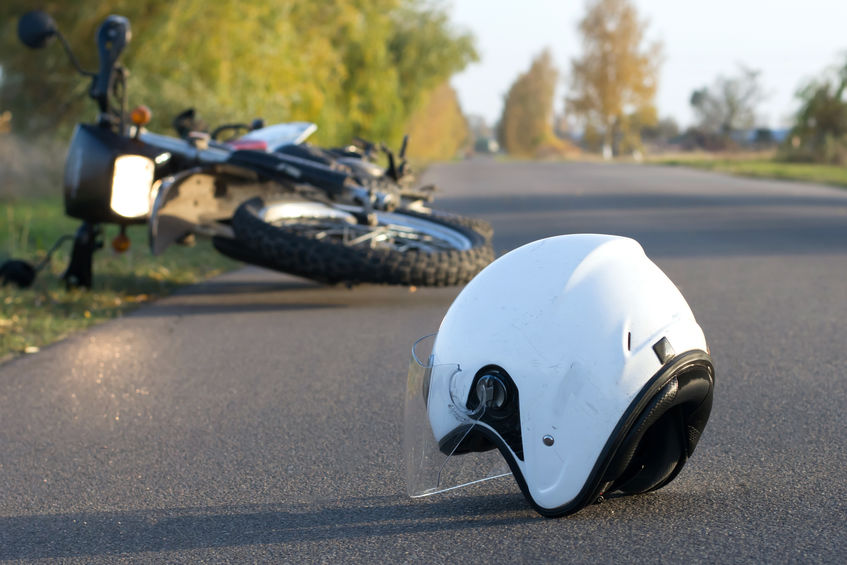If you were injured on an unsafe sidewalk in Washington State, there are several steps…
How to Avoid Being Arrested for Driving Under the Influence (DUI) Part 3
By Thomas A. Campbell
This is the third installment of our ongoing series. Click on the following links to read Part 1 or Part 2.
If the officer asks you to get out of the car, you should prepare yourself for the likelihood that you are about to be arrested, your car will be impounded and you will be taken to the police station.
Don’t become emotional, this is considered to be a sure sign of intoxication. Even if you think that the officer is a jerk (and there are some out there), don’t become belligerent. Your words can be offered to the jury in a trial.
Many police cruisers are equipped with video and audio recording capabilities. If you are being recorded the officer must tell you that the exchange is being recorded.
When you get out of the car, your physical demeanor will be another point of observation for the officer. You need to be alert and coordinated; the officer will note if your movements are slow and labored. You need to be able to get to your feet without difficulty, which means that you should not use the door for balance. Once out of the car, don’t lean against it. The officer is going to make observations about whether you can be steady on your feet.
Once you are out of your vehicle, the officer is going to tell you that he wants to determine if you are safe to drive. He will ask you to perform field tests and he must tell you that the tests are voluntary. Voluntary is a misleading term. If you refuse to perform the tests, at your trial, the prosecutor may be allowed to argue to the jury that you refused because you knew that you were too drunk to pass the tests.
These tests are familiar to most adults; the officer will ask you to follow an object with your eyes as he rotates it in front of you. He will ask you to recite the ABC’s, ask you to balance on one foot and ask you to walk in a straight line. The officer has a list of clues that he is looking at in deciding whether he thinks that you are incapable of driving. The officer grades the tests subjectively; under any circumstance, you are not likely to pass.
Most officers now carry a portable breath-testing device. The results of this test are not allowed to be introduced as evidence in court during a trial. I recommend that you ask the officer if he can administer a portable breath test prior to performing any field tests. Once you perform the portable breath test, I recommend you refuse any further field tests.



